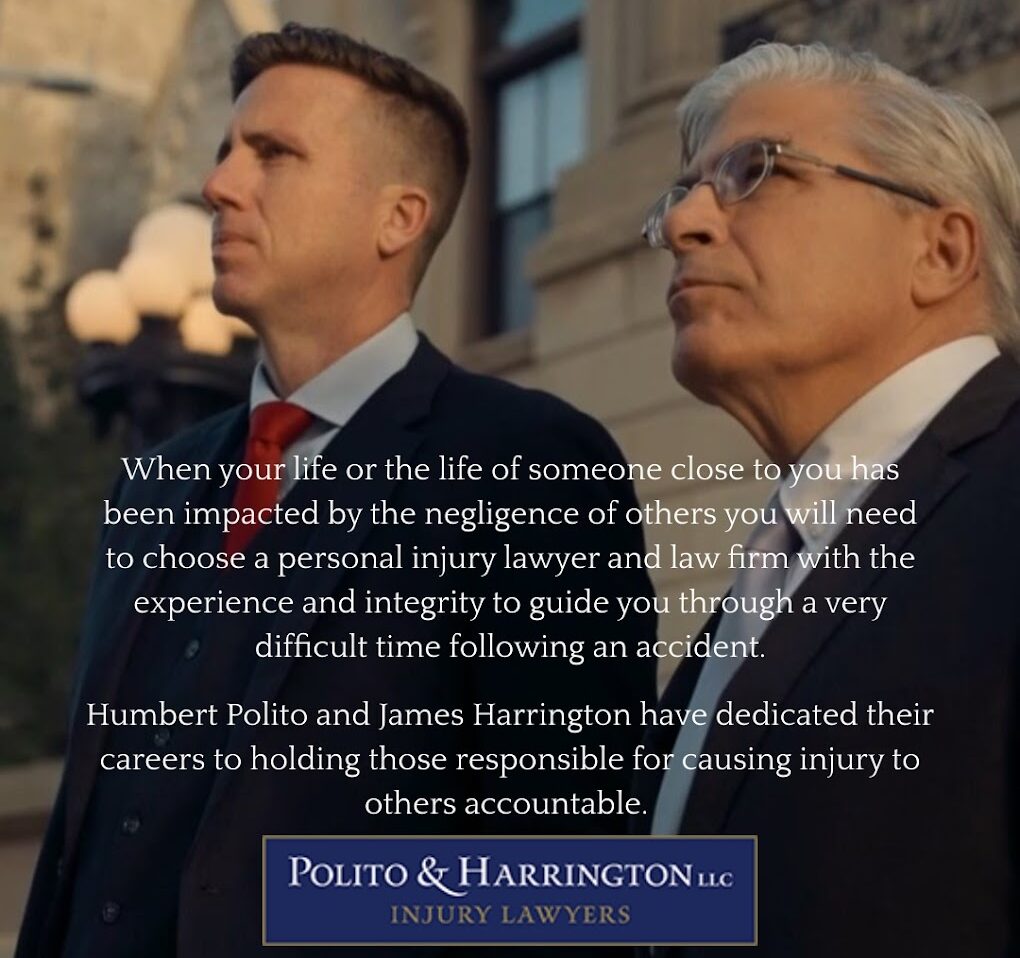
While commercial truck drivers get to travel the country, they are also on a tight schedule. Regulations limit the number of hours drivers can work without taking a break to sleep, and drivers want to complete their deliveries on time and within the hours of service timeframe. Truck drivers often want to get to their destinations as quickly as possible, which can lead some drivers to drive too fast.
Whether a truck driver exceeds the posted speed limit on a Connecticut freeway or is driving too fast in adverse weather conditions, speeding contributes to many commercial truck accidents and serious injuries to others.
Truck drivers can operate their large, heavy tractor-trailers at surprisingly high speeds. The Federal Motor Carrier Safety Administration (FMCSA) reports that many truck drivers receive citations for speeding, whether or not an accident occurred. The following are the reported speeding citations for commercial drivers in a single year:
The FMCSA also reports that speeding is a major contributor to many semi-truck crashes. When you consider the number of truck drivers cited for speeding – and the many additional drivers who did not get caught speeding – it is no surprise that tens of thousands of truck accident happen because someone drove a truck too fast.
Speeding can be a factor in any type of traffic accident, as any type of vehicle can crash when going too fast. Because of their size, high center of gravity, and weight, semi-trucks and other commercial vehicles are particularly susceptible to speed-related crashes. Speed can affect a truck and truck driver in the following ways, among others:
Not only does speeding increase the chance of a crash, but it also can increase the severity of a collision. A truck traveling at 80 miles per hour can often cause more damage and injuries than a truck traveling at 65 miles per hour might cause in the same accident. Therefore, speeding trucks present both the threat of more accidents and the threat of more severe accidents.
Excessive speed generally refers to exceeding the posted speed limit for a particular stretch of road or freeway. Of course, complying with the speed limit is critical for safety, though just because a truck driver is within a speed limit does not mean they are being safe. The FMCSA further prohibits truck operators from driving too fast for conditions.
Adverse conditions that may require a truck driver to adjust their speed include:
When a truck driver notices any of the above conditions, they should immediately know to slow down, even if it means dropping below the speed limit significantly.
There are also additional areas in which the FMCSA instructs truck drivers to slow down, including:
Just because a truck driver was technically complying with the speed limit does not mean that the driver was driving at a safe speed for the conditions of the road. Truck operators who drive too fast for conditions should still be held liable for any harm they cause in a crash, even if they were not violating a state traffic law at the time. For example:
While speed is a factor in many truck accidents, it is often combined with other dangerous driving behaviors or factors. Speed can commonly coincide with the following:
When speed combines with any of the above, the risks of a severe crash become even higher.
If you’ve been through an accident involving a truck in the United States, you are not alone. Trucks on American roads and highways regularly cause accidents that substantially impact the lives of those affected. The National Highway and Traffic Safety Administration (NHTSA) explores the incidence of motor vehicle accidents in the United States to support safety on our roads and to reduce injuries and fatalities. In the most recent dataset, “TIFA 2010,” meaning trucks involved in fatal accidents, some 3,699 medium or large trucks were involved in fatal accidents on the roads of the United States.
The volume of truck accidents in the U.S. highlights the importance of attorneys representing the interests of those who truck accidents injured. Through the assistance of an attorney, you can learn the norms of procedure related to truck accidents in your state and help you navigate the path from accident to full recovery.
The sheer volume of traffic fatalities as a result of trucks on American roads is concerning. If you have been in an accident with a truck, one of the first questions you might be asking is, “Who will pay for the damages?” Knowing who is responsible for your injuries and damages is a necessary step towards realizing coverage for your damages. The answer to the question, however, is not entirely simple, and you could blame more than one party.
The truck driver may be responsible, at least in part, for the damages that resulted due to your accident. That is not something that you will have to personally consider much, as generally, your lawyer will bring the initial suit against the truck driver’s employer. Determining the potential liability of the parties that are involved in the accident will be one of the first stages of your settlement and is the one that can take more time than others.
Common questions that insurance companies will ask are:
Within the context of accidents, if a car driver injured you, the path that you will pursue to your settlement will vary from if a truck driver injured you. Knowing the difference is important to determine your starting point. Trucks that weigh less than 10,000 pounds, which people often refer to as a “pick-up truck,” are not included in truck accident samples. Generally speaking, commercial transportation companies use larger trucks, which in turn require licenses with more stringent requirements and greater levels of insurance requirements.
When approaching the at-fault party to collect on your damages, a car accident will generally involve the other driver and their insurance company. A truck accident, comparatively, will generally involve the other driver, their employer, the driving insurance to facilitate the operation of the truck, and the insurance of the truck driver’s employer. Working on a settlement concerning a truck accident is more complex than a car accident, and oftentimes the employer’s insurance company will have a lawyer ready to advocate for their best interests.
The best interests of the insurance company rarely align with yours, highlighting the value of an attorney to help you on your case.
Truck accidents cause a great deal of damage each year, in addition to thousands of fatalities. To reduce injury and fatality in such accidents, the NHTSA has been studying truck accidents for decades, collecting evidence and recommending the safest practices based on that. According to the Large Truck Crash Causation Study in the United States published by the NHTSA, truck researchers studying the scenes of truck crashes must obtain photos with an emphasis on the pre-crash trajectory, impact, and the final rest position/s of the vehicles involved.
When assessing a truck accident, what was happening immediately before the collision is an important factor to both NHTSA truck accident researchers and insurance companies alike. The pre-crash trajectory will determine which of the parties was traveling in their correct allocated lane and those who might not have been. The moment of impact highlights when the damage began, and a consideration of the resting position of the vehicles helps to fill in any blanks that the drivers involved may be lacking given the excitement of the accident and limited vantage point of each driver.
Knowing what to look out for and what to say in response to questions from the other driver/s and their insurance companies and/or employer/s can be difficult, and an attorney can help you frame your best case possible.
Knowing who is liable for damages is often one of the most important questions asked during the investigation concerning your accident, and a lawyer can help you determine if the truck driver’s employer, the truck driver, or even the vehicle manufacturer might be liable for part or all of your damages.
Admission of fault on behalf of the truck driver is not necessarily essential for you to recover for your damages from the trucking company, as even with the most responsible and conscientious driving, trucks can still malfunction, and accidents do still happen.

Truck Accident Attorney, Humbert Polito
Calculating your damages is more than simply adding up vehicle repair costs and medical bills, as it includes long-term planning related to the injury and fully exploring the liability of the parties at fault.
A truck accident attorney can be extremely helpful in identifying what the liable party owes you and achieving a settlement that covers you.
At Polito & Harrington, LLC, our legal team regularly handles complex truck accident claims that involve speeding and other forms of negligence. If someone else caused your accident, you should not wait any longer to discuss your legal rights and options with an experienced truck crash attorney in New London, Connecticut. Please call (860) 447-3300 or contact us online to schedule your free case evaluation.
We are committed to provide personalized attention to each and every client’s case – no matter how large or small– because that is each client’s only case. We are proud of our firm’s reputation of combining integrity and compassion with an unflinching dedication to getting the right result. We will do what we say.
